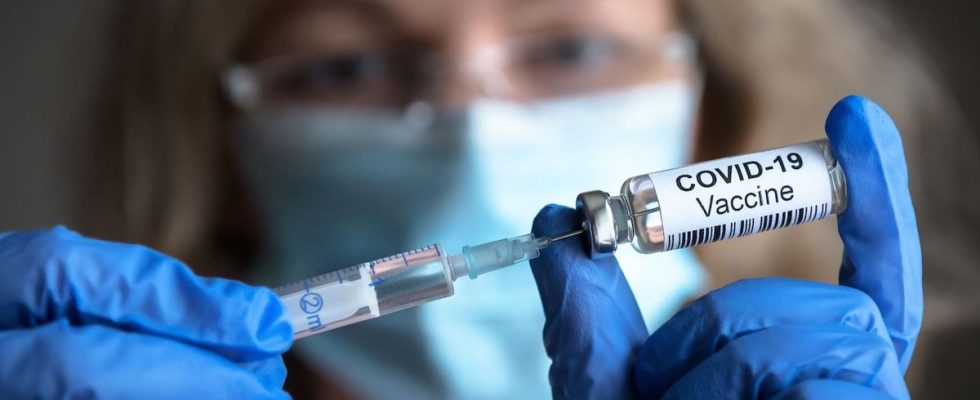Published on
Updated
Reading 2 mins.
After being vaccinated, the question of side effects always arises. According to a German study, having a negative feeling towards vaccination would lead to a greater risk of suffering from it.
What if having negative prejudices about vaccination against Covid-19 leads to an increased risk of suffering from side effects? In any case, this is the conclusion of German researchers on the question.
Psychological effects linked to vaccination?
For this work, the researchers initially surveyed 7,771 people receiving the second dose at a public vaccination center in Hamburg, Germany. Of these, 5370 did not respond, 535 provided incomplete information and 188 were retrospectively excluded.
German experts therefore looked at data from 1,678 adults with different opinions on the Covid-19 vaccine. All had received a second injection of messenger RNA vaccine between August 16 and 28, 2021, whether it was a Pfizer or Moderna vaccine. In a period of time between two weeks before the injection and one week after, these volunteers had to scrupulously record their symptoms.
Increased side effects
After analyzing the data, the scientists realized that the volunteers with a fairly positive idea of the vaccine suffered very little from the side effects. On the contrary, those with a negative idea of the vaccine tended to “make catastrophic” the side effects experienced. Just like for volunteers suffering from anxiety or depression. Side effects were also more reported by participants who had already had a negative experience with another serum.
An impact of psychology on the body?
The authors of this work believe that the side effects of these vaccines have a psychosomatic part. They suggest a “nocebo” effect, ie a psychological effect felt when taking an inert substance, the body amplifying the sensations felt. “We identified 3 main contributors to nocebo effects, namely personal experiences prior to first COVID-19 vaccination, individual expectations regarding potential benefits and harms of vaccination, and misattribution of symptoms” note the authors.
“Clinician-patient interactions and public vaccination campaigns can both benefit from this information by optimizing and contextualizing the information provided about COVID-19 vaccines. Adverse nocebo-related side effects could then be avoided and overall vaccine acceptance could be improved.” they conclude.
